
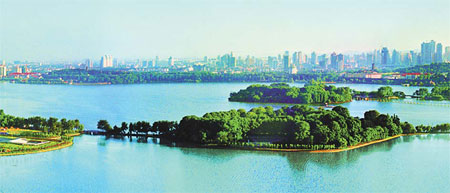 |
Nanjing's investment in the city's environment and infrastructure continues to attract investors from home and abroad. |
The city has developed key strengths in both traditional industries and the new wave of technologies that have emerged in recent years. Some 66 percent of the value of the city's total industrial output now comes from the electronics, automotive, petrochemical and iron and steel sectors.
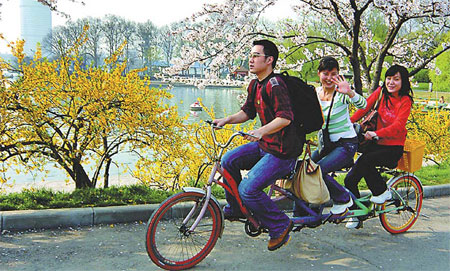 |
Cyclists enjoy the benefits of the city's eco-friendly policies. |
Aside from its manufacturing base, the city has also developed strengths in a number of important service industries, including logistics, tourism, exhibitions, finance, information and trade.
Nanjing's total retail sales of consumer goods reached 160 billion yuan last year, ranking it among the top 10 urban economies in the country.
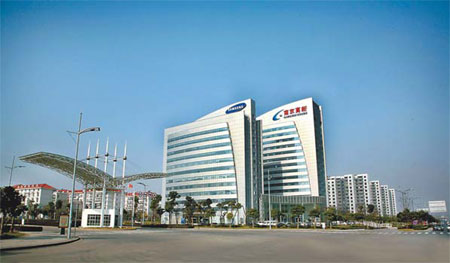 |
The State-level Nanjing Hi-tech Development Zone. |
The International Finance Corporation (part of the World Bank Group) and the French-owned BNP Paribas Bank have both recently set up joint-venture banks with the Nanjing City Commercial Bank, a local institution listed on the Shanghai Stock Exchange. Other major international players, including Standard Chartered, the Union Bank, the Hang Seng and the Bank of East Asia, have also established a presence in Nanjing.
One of the major appeals for investors in the city has been Nanjing's skilled workforce and its strong tradition of pioneering research and development (R&D). It ranks among the top four cities in China in terms of education resource and research capability.
In total, Nanjing has 61 higher learning institutions with a total student body of more than 600,000.
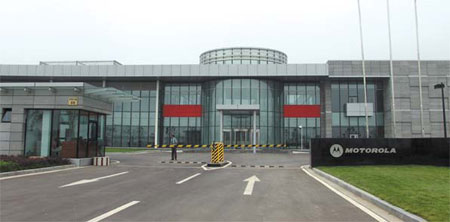 |
Motorola's R&D facility in the Jiangning Development Zone. |
The city also has more than 600 scientific research institutions, employing a total of 530,000 people. More tellingly, it has no fewer than 79 accredited academicians of the Chinese Academy of Sciences and Chinese Academy of Engineering working on R&D projects across the city. This capability has been recognized by 30 world-class companies, including Motorola, Lucent and Oracle, who now have R&D facilities in Nanjing.
Home to five software outsourcing centers and two State-level software facilities, Nanjing is rightly regarded as both "China's leading software outsourcing city" and a true base for "innovation in national software exports."
Nanjing's open and dynamic economy has seen local companies establish business relations with more than 2,000 enterprises across 200 different countries and regions. The growth in the city's import and export volume saw it break through the $40 billion mark last year.
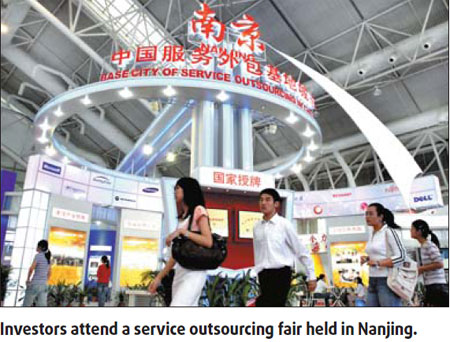
At present, corporations from 104 countries and regions have made investments in 10,500 projects in Nanjing. This includes 105 projects undertaken by 89 of the world's top 500 companies, such as BASF, Siemens, Shell, BP, Ericsson, Ford, Motorola, Sharp, Fujitsu, LG and Samsung.
Nanjing has established four State-level development zones and export processing zones, as well as a logistics center, in order to actively encourage foreign and domestic investment in the city. The city is now looking to establish itself as a free-trade zone as an added incentive for prospective investors.